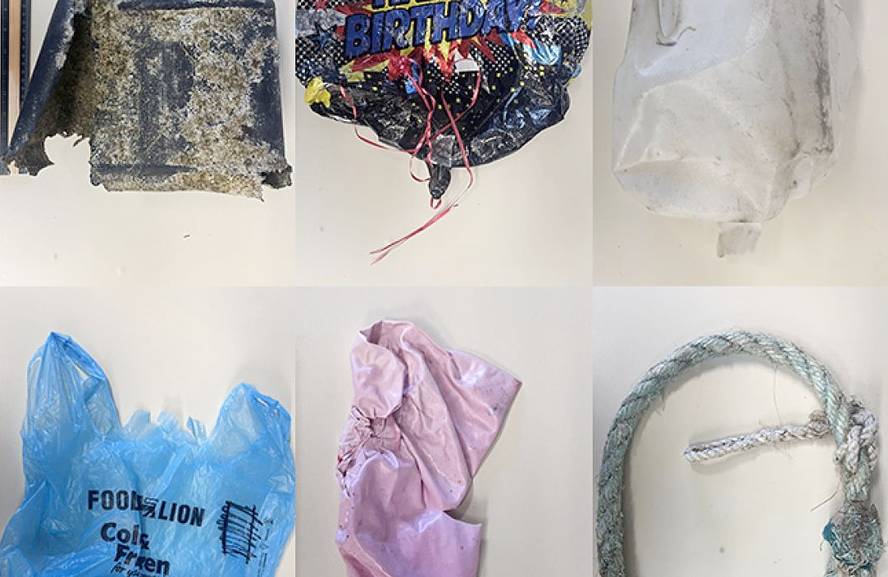Plastic sounds like food for cetaceans

For cetaceans that hunt without light at the bottom of the sea, a sweet squid and a piece of plastic can be very similar. In fact, ultrasound is detected in almost the same way, according to a study published today by the British journal Marine Pollution Bulletin. This could be why some cetaceans have ingested so much plastic.
Some cetaceans, like sperm whales, pygmy sperm sperm whales, use ultrasound to find food in the dark. And in view of the growing presence of plastics in the stomachs of these cetaceans, the researchers wanted to analyze whether they mix them acoustically with food.
For this purpose, plastic waste was collected from the beaches; the most common ones in the cetaceans' stomachs: plastic bags, balloons, ropes, bottles, etc. These residues were immersed and analyzed in 38, 70 and 120 kilohertz, the sound frequencies used by cetaceans. They also looked at some squid for comparison. Thus, almost all the plastic pieces studied, especially the films and plastic pieces (the ones that most appear in the dead cetaceans), had food noise.





